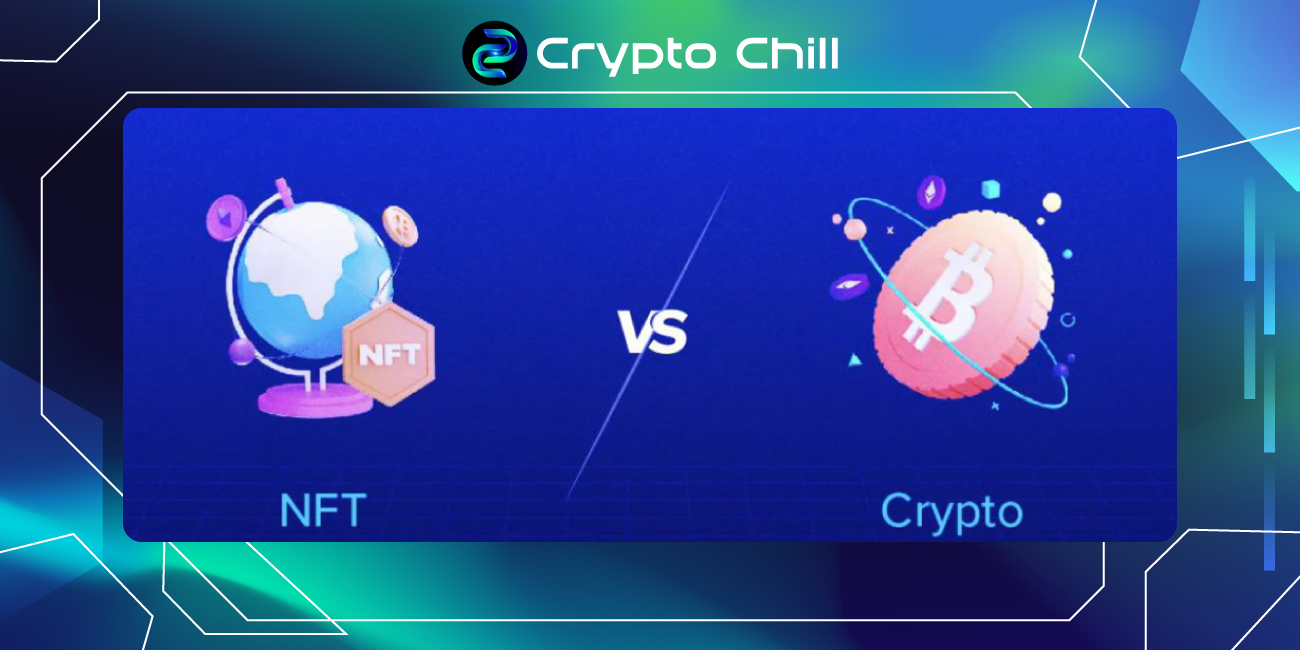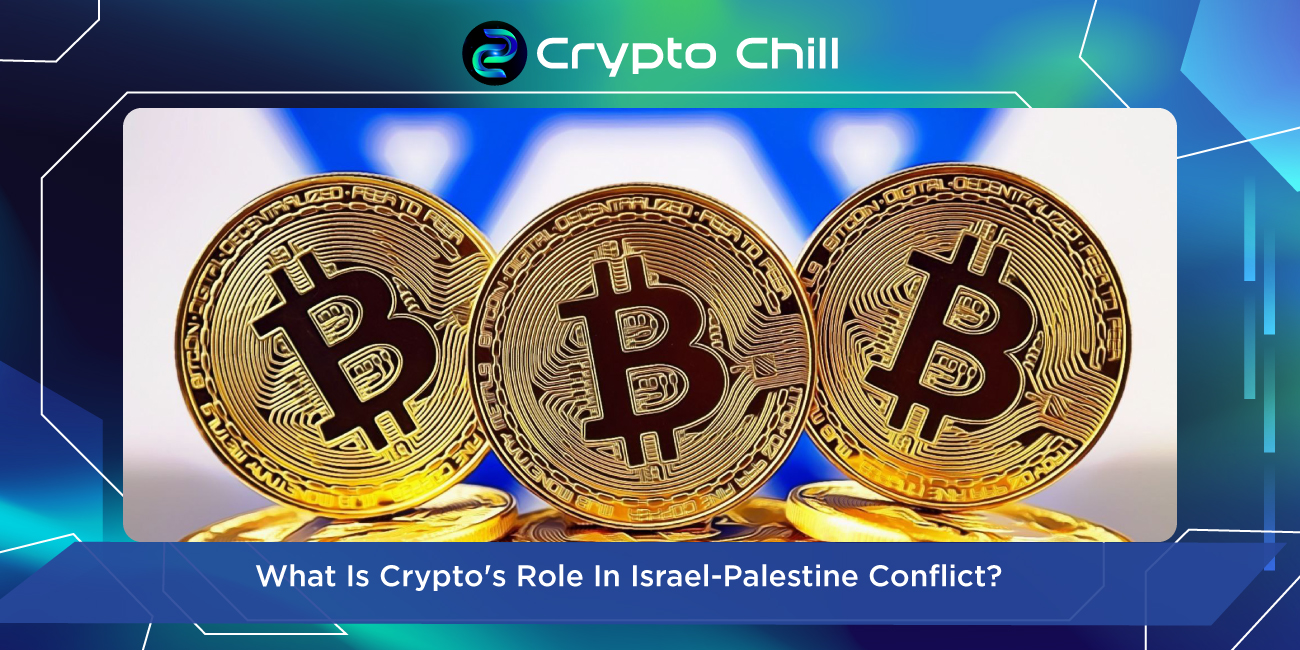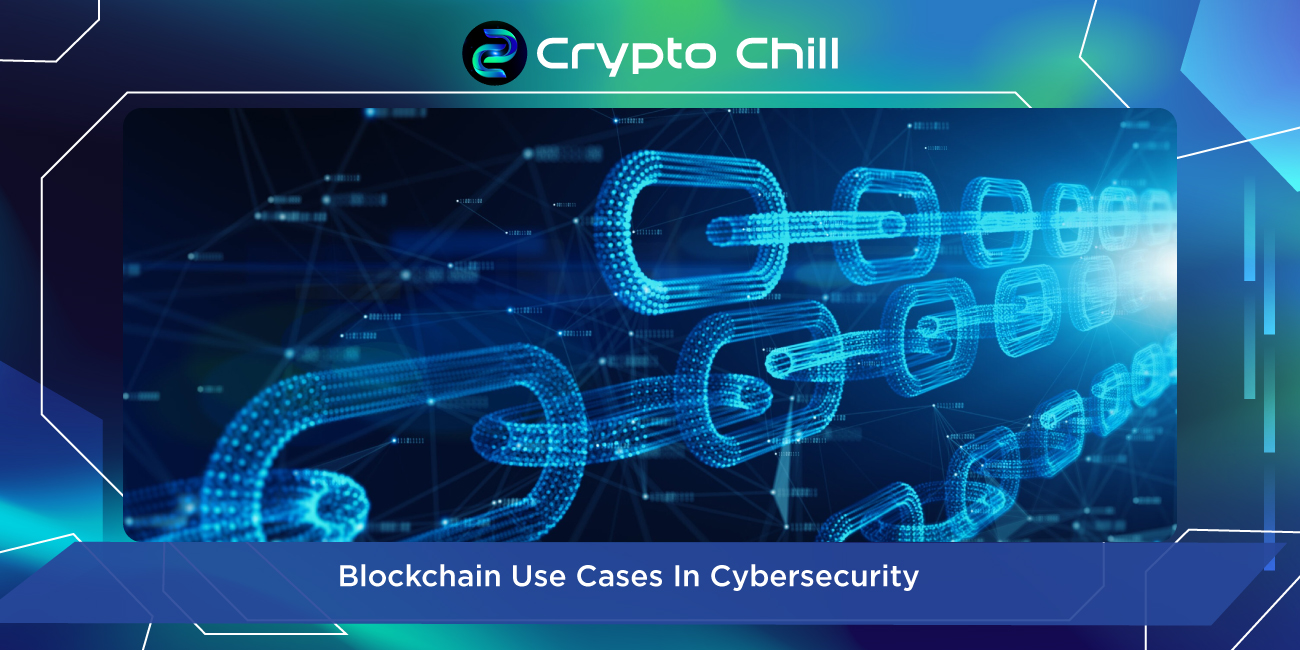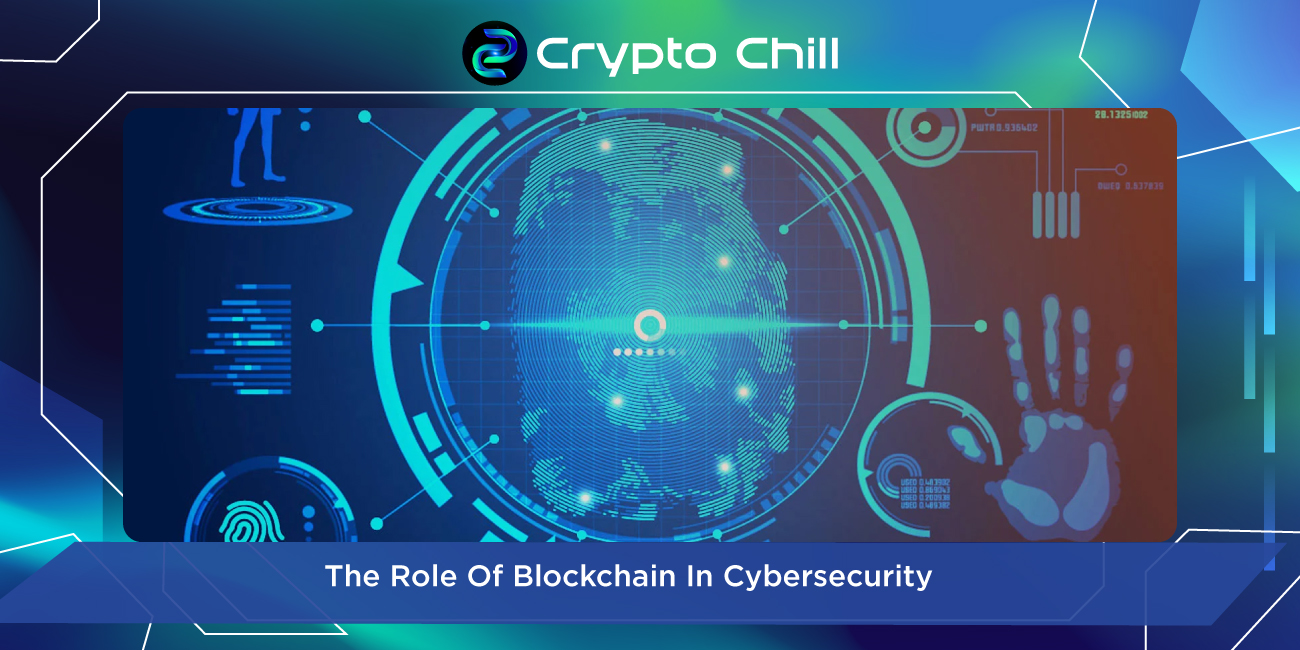Blockchain technology is rapidly transforming the way we interact with the world around us. From finance to gaming to supply chain management, blockchain is being used to develop innovative new applications and solutions. However, as blockchain technology continues to evolve and mature, it is important to take steps to ensure the security and integrity of blockchain networks.
One way to do this is through blockchain auditing.
What is a blockchain audit?
A blockchain audit is a comprehensive review of a blockchain network to identify and assess security risks, vulnerabilities, and compliance issues. Blockchain audits are typically conducted by independent auditors with expertise in blockchain technology.
Types of blockchain audits
There are two main types of blockchain audits:
-
Smart contract audits: Smart contract audits focus on auditing the security of smart contracts, which are self-executing contracts that are stored on a blockchain. Smart contracts are used to power a wide range of blockchain applications, including decentralized exchanges, financial applications, and non-fungible token (NFT) marketplaces.
-
Blockchain protocol audits: Blockchain protocol audits focus on auditing the security of the underlying blockchain protocol itself. This includes auditing the blockchain’s consensus mechanism, cryptography, and networking components.
How does a blockchain audit work?
A blockchain audit is a process that verifies and validates the information stored on a blockchain. It ensures that the blockchain’s data and transactions are accurate, complete, and secure. During a blockchain audit, auditors examine the blockchain’s code, architecture, and transaction history to ensure compliance with established rules and regulations. They may also verify the identities of participants and analyze transactional data for any suspicious activities. Auditors use specialized tools and techniques to ensure the integrity and transparency of the blockchain. The aim is to provide stakeholders with confidence in the accuracy and reliability of the blockchain’s records.
Benefits of blockchain audits
Blockchain audits offer a number of benefits, including:
- Improved security: Blockchain audits can help to identify and mitigate security risks, which can help to protect blockchain networks from attack.
- Enhanced compliance: Blockchain audits can help to ensure that blockchain networks are compliant with applicable laws and regulations.
- Increased trust and confidence: Blockchain audits can help to build trust and confidence in blockchain networks, which can attract users and investors.
Why are blockchain audits important?
Blockchain audits are important for a number of reasons. First, they can help to identify and mitigate security risks. Blockchain networks are often targeted by hackers and other malicious actors, and a blockchain audit can help to identify and fix any potential vulnerabilities before they can be exploited.
Second, blockchain audits can help to ensure that blockchain networks are compliant with applicable laws and regulations. As blockchain technology continues to grow in popularity, governments around the world are developing new regulations to govern its use. A blockchain audit can help to ensure that a blockchain network is compliant with all relevant regulations.
Third, blockchain audits can help to build trust and confidence in blockchain networks. This is important because blockchain networks are often used to store and manage sensitive data and assets. A blockchain audit can provide users and investors with the assurance that their data and assets are safe and secure.
When to get a blockchain audit?
Blockchain audits should be conducted whenever there are significant changes to a blockchain network or to the smart contracts that are deployed on the network. Additionally, blockchain audits should be conducted on a regular basis to ensure that the network remains secure and compliant.
When choosing a blockchain auditor, it is important to consider the following factors:
- Experience: The auditor should have experience in auditing blockchain networks and smart contracts.
- Expertise: The auditor should have expertise in the specific blockchain network and smart contracts that they will be auditing.
- Reputation: The auditor should have a good reputation in the blockchain industry.
Conclusion
Blockchain audits are an essential part of ensuring the security, integrity, and performance of blockchain networks and applications. By choosing a qualified blockchain auditor, businesses can gain the benefits that blockchain audits can offer.
Disclaimer: The information in this article is not investment advice from CryptoChill. Overall, cryptocurrencies always carry many financial risks. Therefore, do your own research before making any investment decisions based on this website’s information.











No Comment! Be the first one.